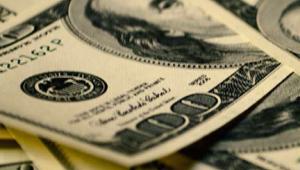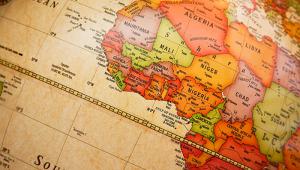The think-tank said yesterday that many advanced economies are failing to fully enforce or close gaps in legislation, leaving private donors able to use loans, membership fees and third-party donations to circumvent spending limits and conceal donations.
Launching a new report on the findings yesterday at a forum for legislators from OECD member countries, the organisation’s secretary general Angel Gurría warned that “policy making should not be for sale to the highest bidder”.
“When policy is influenced by wealthy donors, the rules get bent in favour of the few and against the interests of the many. Upholding rigorous standards in political finance is a key part of our battle to reduce inequality and restore trust in democracy,” he continued
The report found that many countries struggle to define and regulate third-party campaigning by organisations or individuals who are not political parties or candidates, enabling election spending to be channelled through supposedly independent committees and interest groups.
Only a “handful” of countries have regulations on this kind of campaigning, it noted, and these regulations vary in strictness.
Globalisation is further complicating regulations as multinational companies and wealthy foreign individuals become increasingly invested in the domestic business environment.
Only 17 of the 34 OECD countries ban anonymous donations from foreign and corporate interests, a measure that the OECD described as a vital deterrent to misuse of influence. Four countries allow anonymous donations, while the other thirteen only ban them above certain thresholds.
Even where anonymous donations are banned, countries have different rules about disclosing donor identity. Only nine OECD countries oblige political parties to publicly disclose donors’ identity, while the other 25 require parties to do so only on an ad-hoc basis.
The OECD said 16 of its members have campaign spending limits for both parties and candidates preventing spending races. In the other 18 countries, challengers who need more funds to unseat an incumbent may be at a disadvantage.
Big donors are often also able to receive favours such as tax breaks, state subsidies and preferential access to public loans and procurement contracts due to a lack of independence or legal authority among oversight institutions, the OECD warned.
Tightening regulation and applying sanctions more rigorously would help to restore public trust when voters in many advanced economies show disillusionment with political parties and feel the democratic process is being captured by private interest groups, the OECD noted.
Its recommendations included the design of proportionate and dissuasive sanctions, a good balance between public and private sector financing, fuller disclosure and better enforcement of existing regulations.













